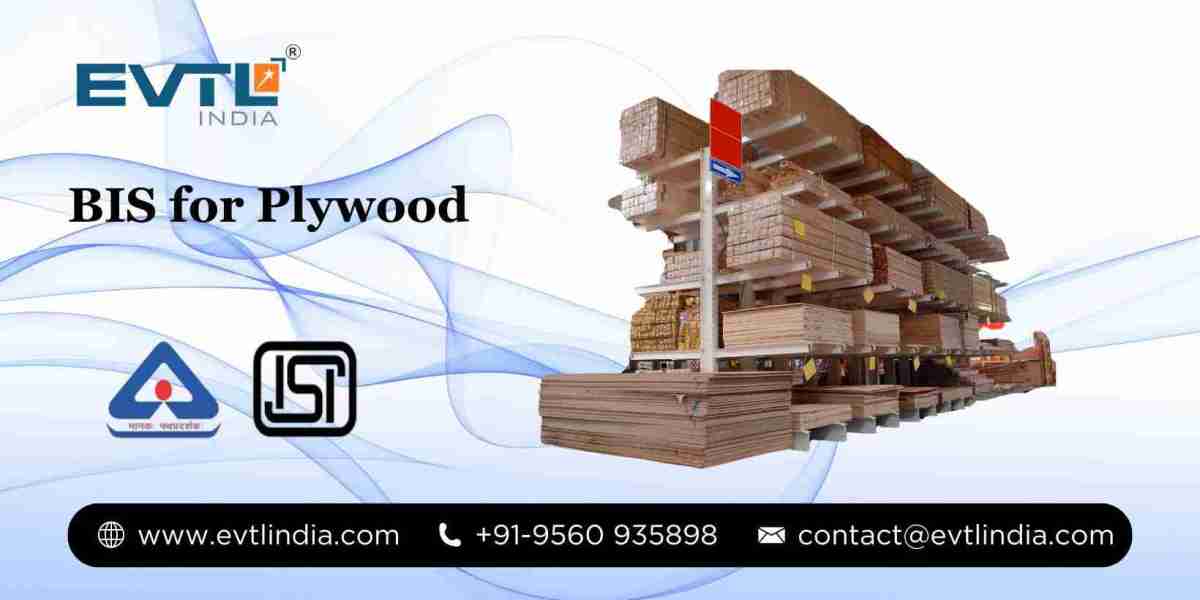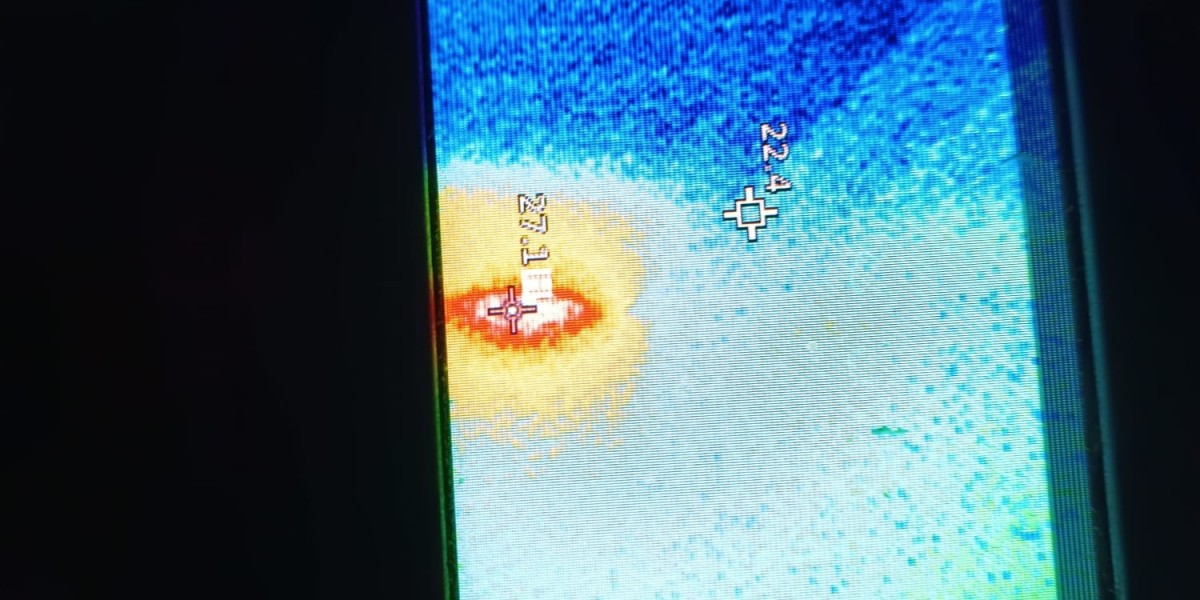Plywood is one of the most widely used construction and furnishing materials in India, valued for its strength, durability, and versatility. From residential interiors to large-scale infrastructure projects, plywood plays a key role in ensuring structural reliability and aesthetic appeal. However, with its extensive use, ensuring product quality and safety becomes critical. To address this, the Bureau of Indian Standards (BIS) has made certification mandatory for plywood manufacturers under the Compulsory Registration Scheme (CRS). Obtaining the ISI mark for Plywood is not only a statutory requirement but also a powerful indicator of quality assurance, customer trust, and long-term credibility.
This blog explores the significance of BIS for Plywood, the process of obtaining it, and the role of a BIS consultant for Plywood in guiding manufacturers through compliance.
Understanding BIS Certification for Plywood
The Bureau of Indian Standards (BIS) is the national body responsible for standardization, quality assurance, and product certification in India. When it comes to plywood, BIS certification ensures that the material meets prescribed quality, safety, and performance standards as per the Indian Standard IS: 303, IS: 710, and other applicable codes.
Manufacturers cannot legally sell plywood in the Indian market without the ISI mark for Plywood, as it guarantees compliance with BIS norms. This certification not only reduces risks of substandard or unsafe materials but also enhances market competitiveness.
Why BIS Certification is Important for Plywood Manufacturers
The importance of BIS Certification for Plywood extends beyond legal compliance. Here are some compelling reasons:
Assurance of Quality – The ISI mark serves as a seal of reliability, assuring customers of consistent strength, durability, and safety.
Market Access – Without certification, plywood manufacturers cannot legally distribute or sell their products in India.
Consumer Trust – A BIS-certified plywood sheet instantly appeals to customers, boosting sales and brand recognition.
Prevention of Counterfeiting – The ISI mark protects genuine manufacturers from unfair competition with low-quality or fake products.
Global Recognition – BIS certification increases the export potential of plywood products, as it reflects adherence to recognized standards.
Types of Plywood Covered Under BIS Certification
BIS standards apply to a wide range of plywood products, including:
Commercial Plywood (IS: 303) – Commonly used in furniture and interior work.
Marine Plywood (IS: 710) – Designed for high-moisture and humid conditions, ideal for boat building and bathrooms.
Structural Plywood – Used in load-bearing applications and construction projects.
Decorative Veneered Plywood (IS: 1328) – Manufactured for aesthetic appeal in interiors.
Fire-Retardant Plywood (IS: 5509) – Designed for safety in fire-prone environments.
Each category requires adherence to specific standards, and BIS certification ensures that products meet these parameters before reaching the market.
Step-by-Step Process for BIS Certification for Plywood
The certification process involves multiple stages, ensuring that only compliant plywood receives the ISI mark. The process includes:
Application Submission – Manufacturers apply online through the BIS portal with required documents, including manufacturing details, product category, and test reports.
Testing of Samples – Plywood samples are tested in BIS-approved laboratories against relevant Indian Standards.
Factory Inspection – A BIS officer visits the manufacturing site to verify facilities, production methods, and quality control measures.
Grant of License – Upon successful inspection and test results, BIS issues the certification, allowing the manufacturer to use the ISI mark for Plywood.
Ongoing Compliance – BIS conducts periodic inspections and testing to ensure that quality standards are consistently maintained.
Challenges Faced by Plywood Manufacturers in Certification
While the process is straightforward, many manufacturers face challenges such as:
Complex Documentation – Submitting the right paperwork and technical details can be confusing.
Testing Delays – Lab testing of samples may take time, delaying certification.
Factory Audit Preparation – Ensuring that all manufacturing facilities meet BIS standards requires proper planning.
Renewal & Compliance – Certification is not permanent; manufacturers must renew it periodically and stay compliant.
This is where the role of a BIS consultant for Plywood becomes highly valuable.
Role of a BIS Consultant for Plywood
A professional BIS consultant for Plywood acts as a bridge between manufacturers and BIS authorities, simplifying the certification process. Their services include:
Guiding manufacturers in preparing documentation.
Coordinating with BIS-approved laboratories for product testing.
Assisting in factory inspections and compliance audits.
Ensuring timely submission of applications and renewals.
Advising on compliance with updated standards and regulations.
By leveraging the expertise of a consultant, manufacturers can save time, reduce errors, and achieve certification smoothly.
Benefits of ISI Mark for Plywood in the Market
The ISI mark for Plywood offers long-term advantages, such as:
Brand Value Enhancement – Certified products enjoy greater demand and higher credibility.
Better Business Opportunities – Builders, contractors, and government projects often mandate BIS-certified plywood.
Customer Loyalty – Certified plywood helps in retaining customers due to consistent quality.
Reduced Risk of Penalties – Compliance with BIS rules prevents legal issues and financial penalties.
Conclusion
EVTL India is one of the leading BIS Consultant in India, helping manufacturers obtain their BIS licences hassle-free. The BIS certification for Plywood is more than just a regulatory formality—it is a commitment to quality, safety, and customer satisfaction. Manufacturers who obtain the ISI mark for Plywood gain a competitive edge, improved trust, and long-term growth opportunities. However, navigating the certification process can be challenging without expert guidance. Partnering with a reliable BIS consultant for Plywood ensures a smooth journey from application to approval, enabling manufacturers to focus on their core business while staying fully compliant with Indian standards.








